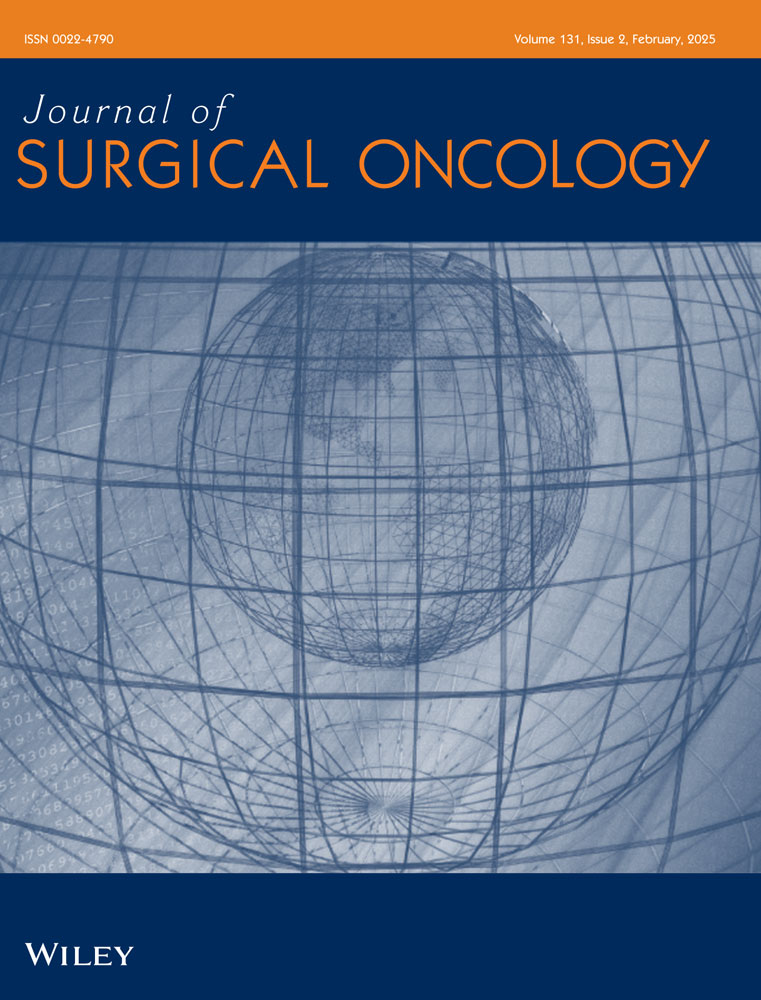Financial Toxicity of Long-Term Survivors Who Underwent Pancreatoduodenectomy for Pancreatic Ductal Adenocarcinoma
ABSTRACT
Background
Pancreatoduodenectomy (PD) for pancreatic cancer has a profound impact on patients' lives. However, the long-term financial implications are poorly understood.
Objective
Assess the financial burden of long-term survivors who underwent PD.
Methods
Patients who underwent PD between January 2011 and June 2019 were identified. To evaluate the long-term financial burden, patients surviving ≥ 3 years post-resection were prospectively surveyed using the Comprehensive Score for financial Toxicity (COST-FACIT) and a customized institutionally developed questionnaire. A logistic regression model predicting high financial toxicity was used to identify predictive factors.
Results
Among 238 eligible patients, 137 (57.6%) responded. Responders had a median age of 66 (59–73) years, with 86.7% identifying as financial prosperous or comfortable. However, 33.3% experienced financial distress due to treatment costs, 27.3% demonstrated high financial toxicity on the COST-FACIT survey, and 37.2% made sacrifices to afford treatment. Only 8.9% stated that the treatment costs influenced their decisions, and the majority (85.9%) did not discuss financial implications with healthcare providers. Multivariable analysis identified younger age as a risk factor for high financial toxicity.
Conclusion
One in three long-term survivors experienced high financial toxicity, with younger age being a predictor. This emphasizes the need for efforts to provide comprehensive support and guidance to patients to navigate their oncological journey.
Open Research
Data Availability Statement
Research data are not shared.




